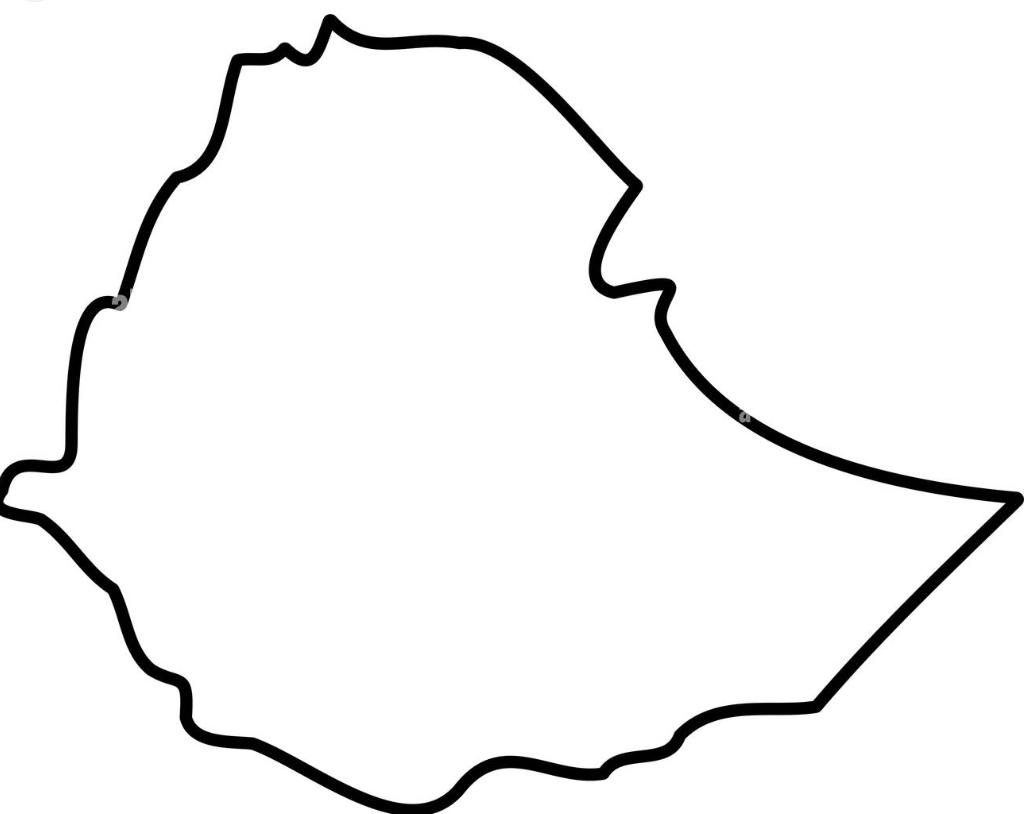Oromia Reginal State
Oromia is a regional state in Ethiopia and the homeland of the Oromo people. Under Article 49 of Ethiopian Constitution, the capital of Oromia is Addis Ababa, also called Finfinne. The provision of the article maintains special interest of Oromia by utilizing social services and natural resources of Addis Ababa.
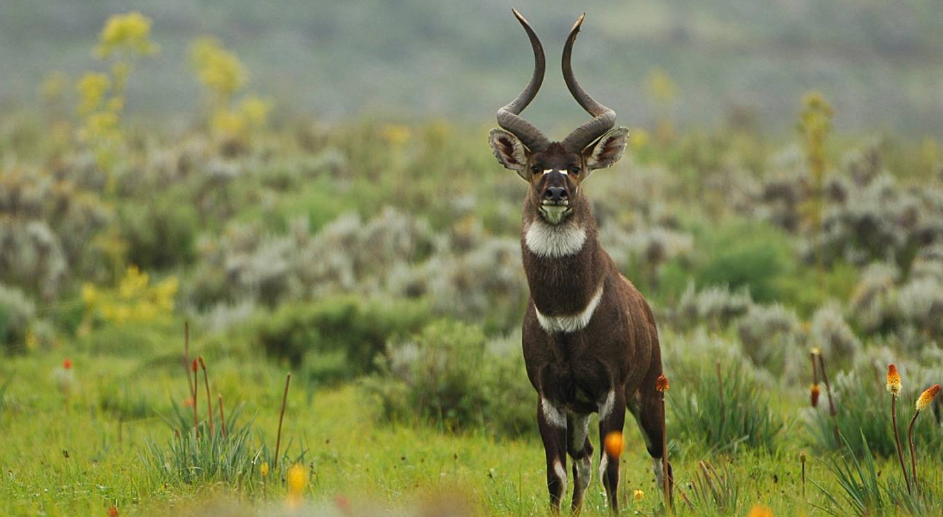
Tourist Destination
Bale Mountains National Park: Known for its diverse wildlife and stunning landscapes, including the Sanetti Plateau, home to the rare Ethiopian wolf.
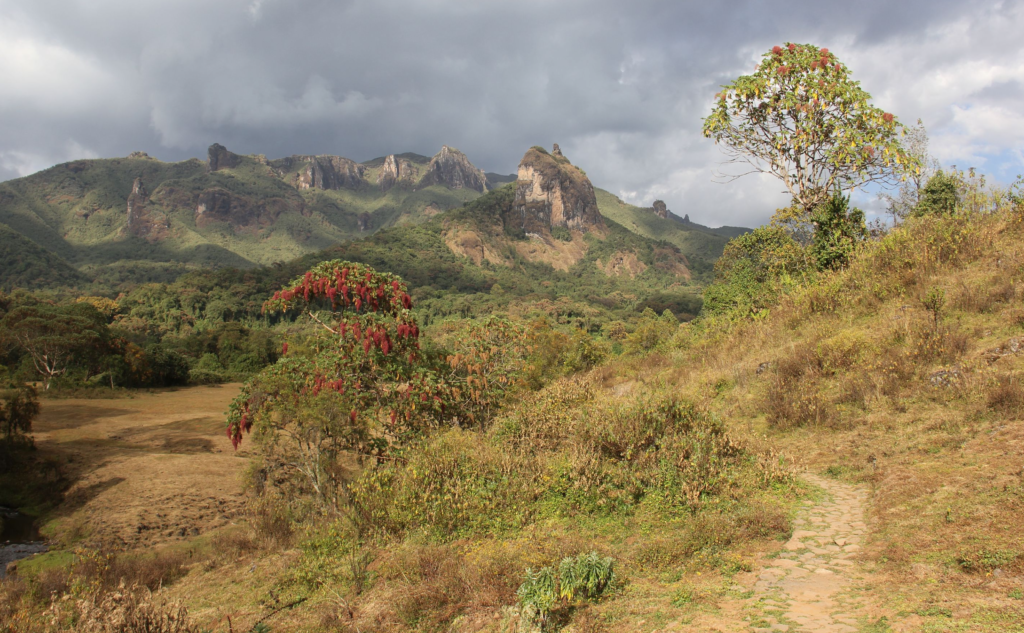
Lake Langano: A popular destination for swimming, boating, and birdwatching, with beautiful sandy beaches and scenic surroundings.
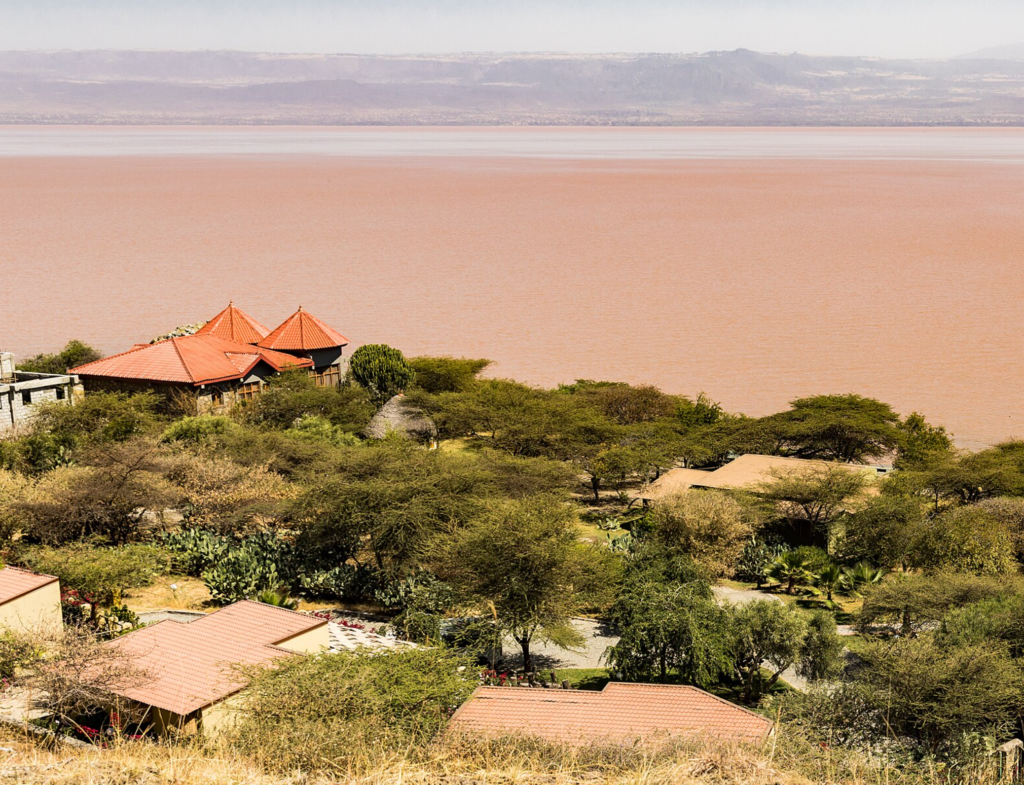
Awash National Park: Famed for its diverse wildlife, including oryx, kudu, and numerous bird species, as well as the stunning Awash Falls.
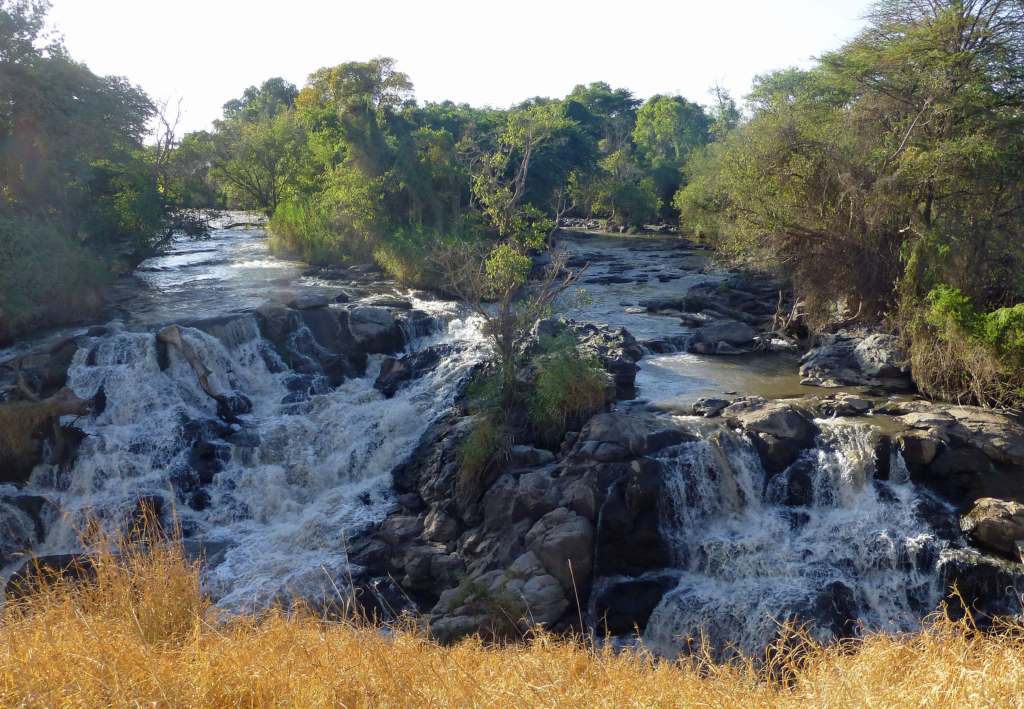
Mount Zuqualla: A sacred mountain with a beautiful crater lake, offering panoramic views of the surrounding countryside.
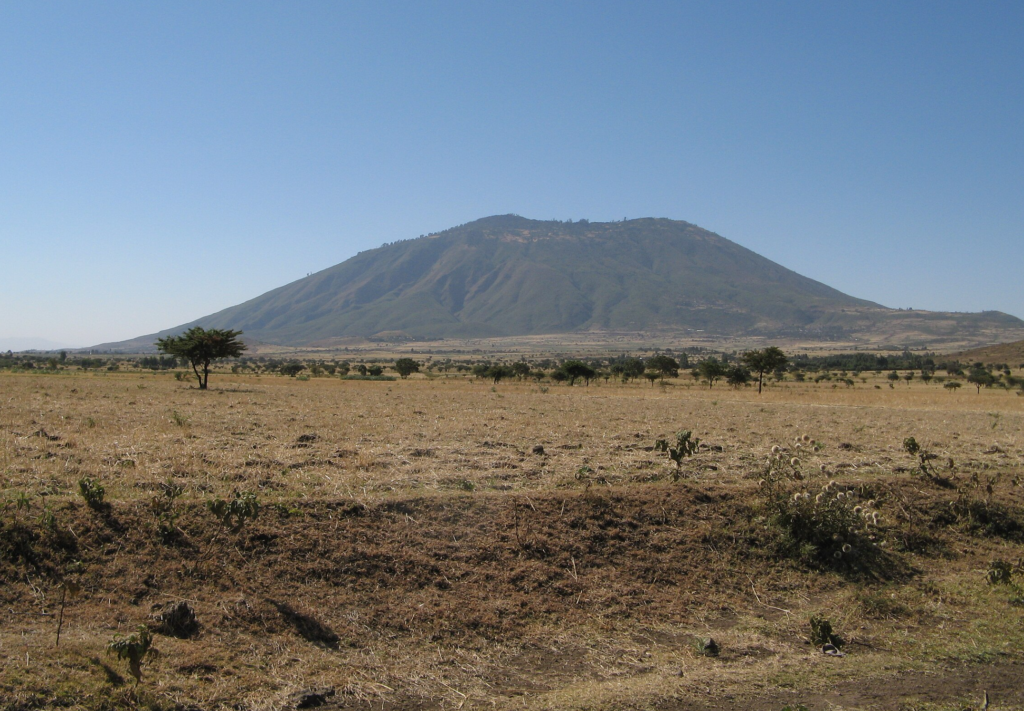
Gadaa System: Explore the cultural heritage of the Oromo people through the Gadaa system, a traditional governance and social system practiced by the Oromo community.
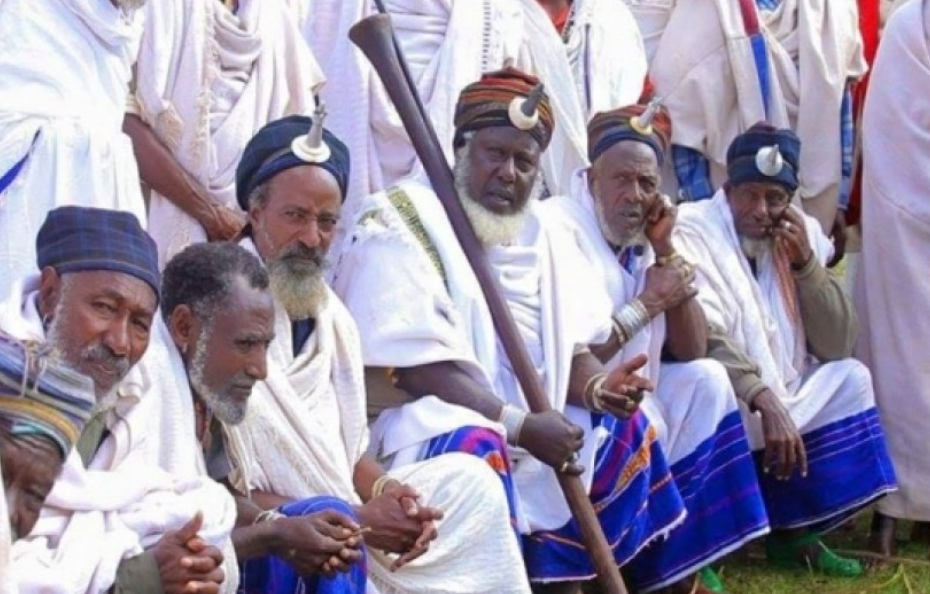
Sodore Hot Springs: Relax in the natural hot springs located near the town of Sodore, known for their therapeutic properties and scenic surroundings.
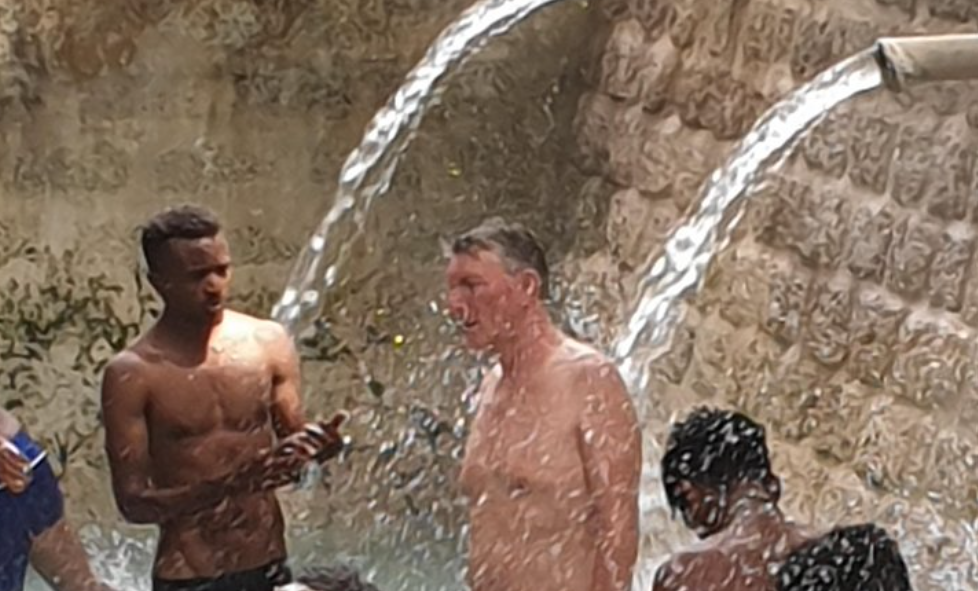
Menagesha Suba Forest: One of the oldest protected forests in Africa, offering opportunities for hiking, birdwatching, and picnicking amidst lush greenery and diverse flora and fauna.
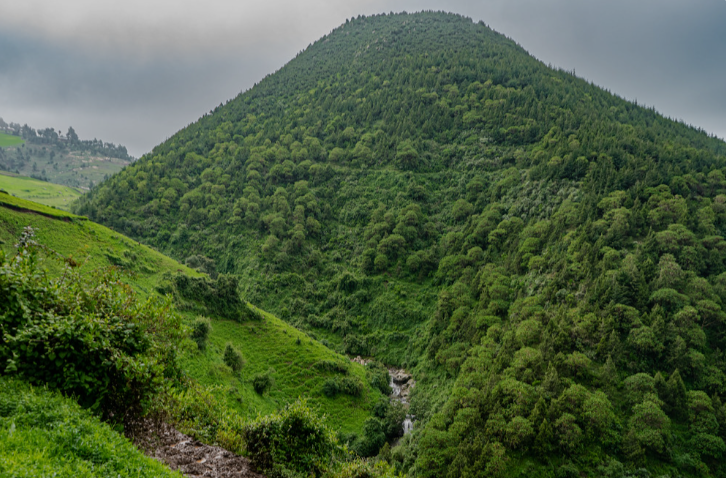
Lake Ziway: A serene lake renowned for its birdlife, including pelicans, flamingos, and fish eagles, as well as opportunities for fishing and boat trips.
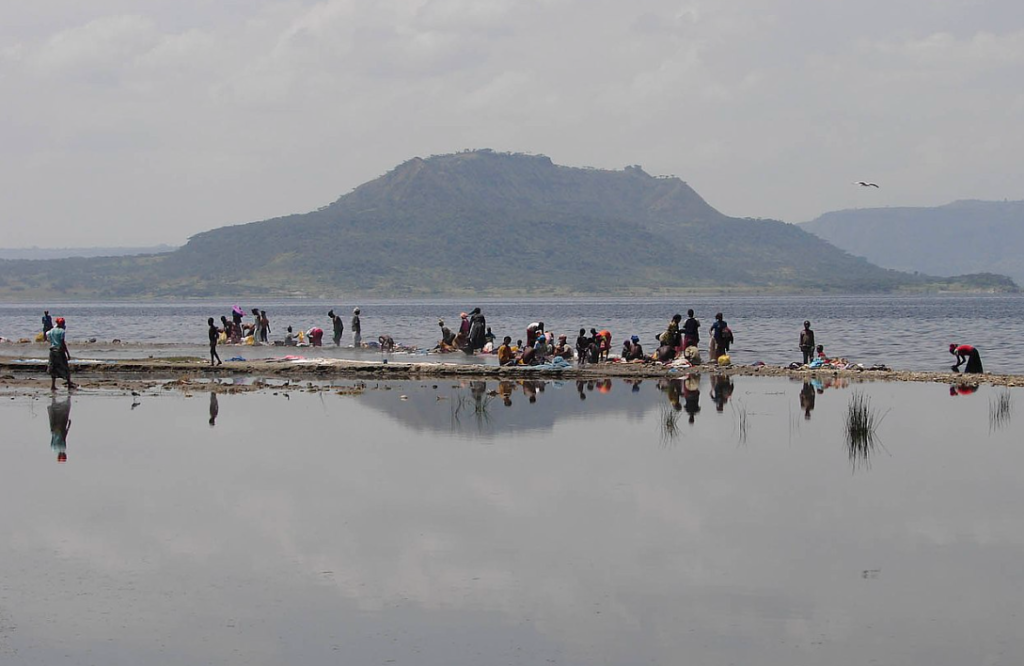
Wenchi Crater Lake: Located in the Oromia highlands, this volcanic crater lake offers breathtaking views, hiking opportunities, and boat rides to explore the island monastery of Cherkos.
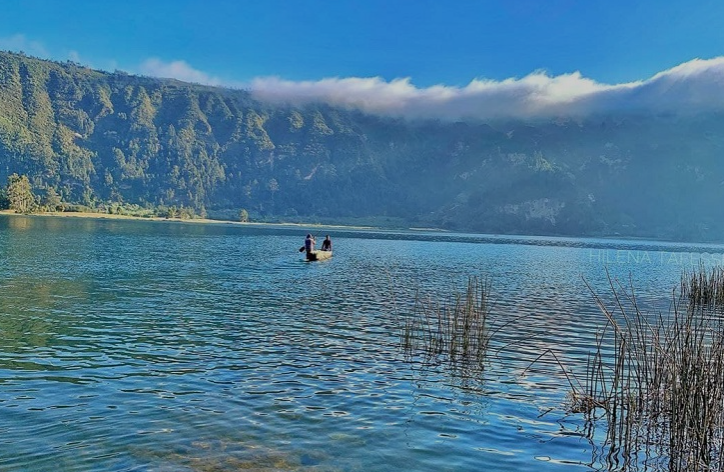
Adadi Maryam Rock-Hewn Church: Visit this ancient church carved out of solid rock, believed to date back to the 12th century, and marvel at its intricate architecture and religious significance.
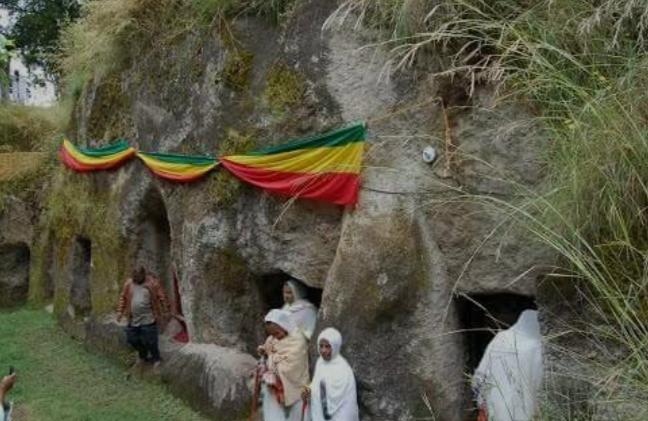
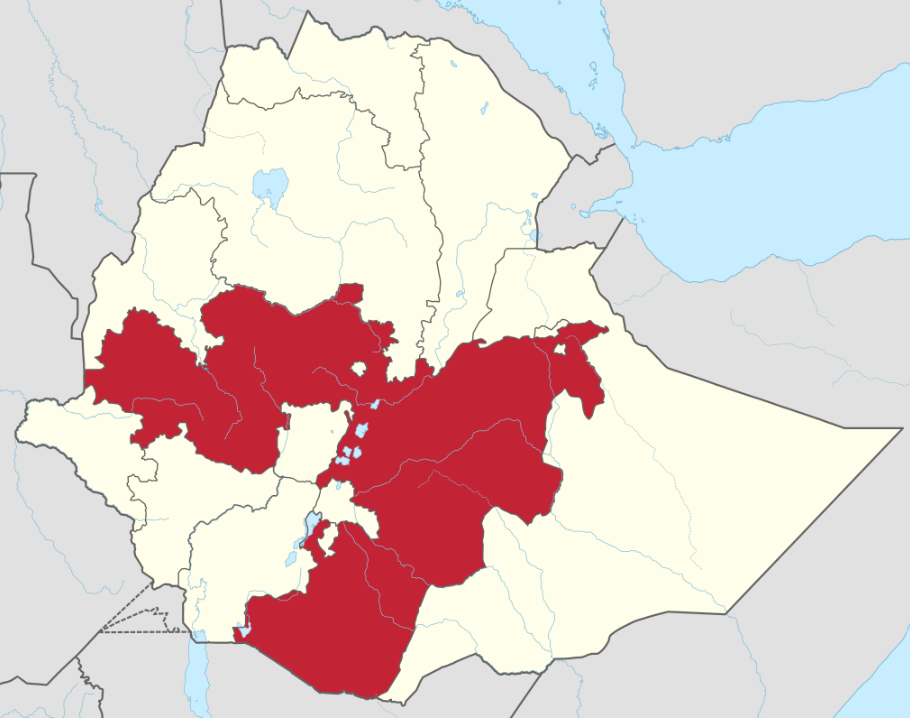
Location
It is bordered by the Somali Region to the east; the Amhara Region, the Afar Region and the Benishangul-Gumuz Region to the north; Dire Dawa to the northeast; the South Sudanese state of Upper Nile, Gambela Region, South West Ethiopia Region, Southern Nations, Nationalities, and Peoples’ Region and Sidama Region to the west; the Eastern Province of Kenya to the south; as well as Addis Ababa as an enclave surrounded by a Special Zone in its center and the Harari Region as an enclave surrounded by East Hararghe in its east.
Population and Ethnicity
Oromia is predominantly inhabited by the Oromo people, who are the largest ethnic group in Ethiopia. The Oromo have a rich cultural heritage and language (Afaan Oromo), which is widely spoken throughout the region.
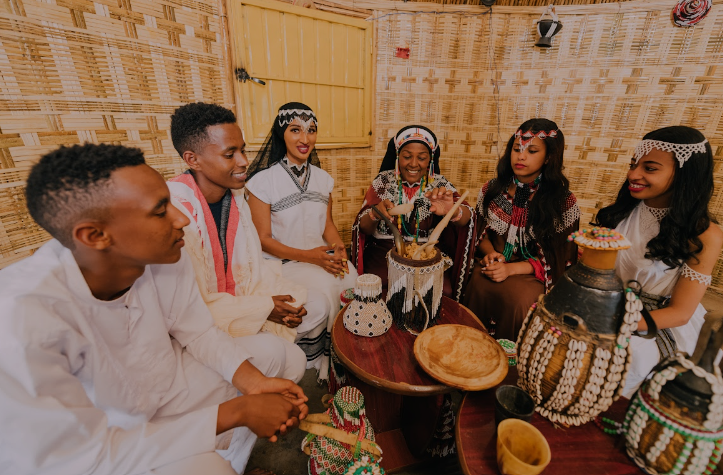
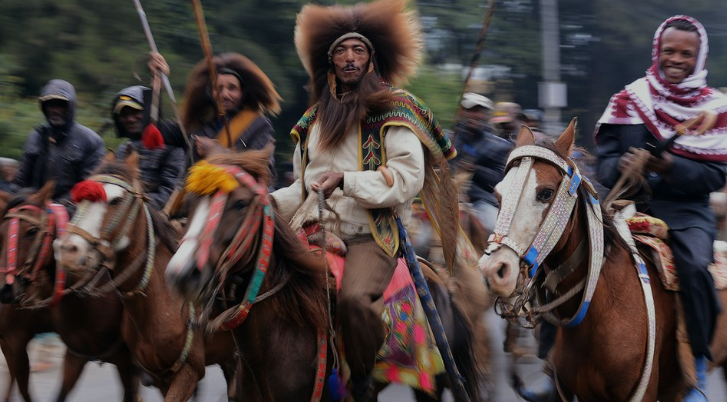
Culture and Heritage
The Oromo people have a rich cultural heritage, with traditional customs, music, dance, and rituals that are integral to their way of life. The Gadaa system, a traditional socio-political institution, has been practiced among the Oromo for centuries and plays a significant role in their cultural identity.
History and Politics
Oromia has played a central role in Ethiopia’s history and politics. The Oromo have a long history of resistance against various rulers and regimes, including the Ethiopian Empire. In recent decades, Oromia has been at the forefront of political movements advocating for greater autonomy, cultural rights, and representation for the Oromo people within the Ethiopian state.
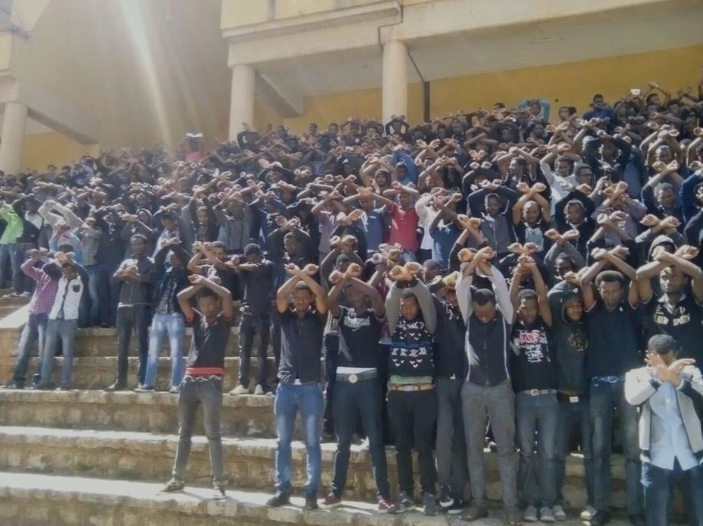
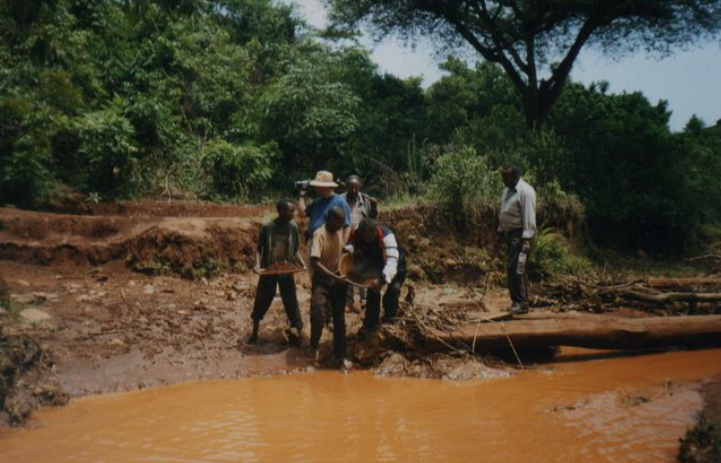
Economy
Oromia is an economically diverse region with agriculture being the primary source of livelihood for the majority of the population. The region is known for its fertile highlands, where crops such as coffee, cereals, and legumes are cultivated. Additionally, Oromia has significant natural resources, including minerals, forests, and wildlife, contributing to its economic potential.
